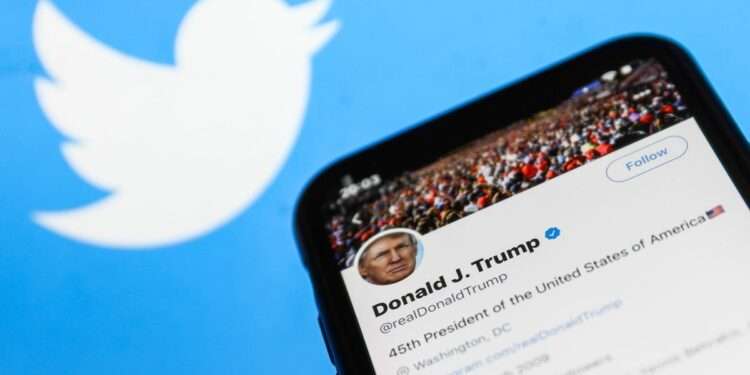Many are still debating the legacy left behind by Donald Trump’s presidency now that it has ended. Some controversial policies and events significantly impacted the United States and the world during his administration. One area affected by the Trump presidency was the technology industry, specifically the relationship between tech companies and the government. In this article, we’ll look at how the tech industry has fared since the end of the Trump presidency and what we can expect going forward.
The impact of Trump’s policies on the tech industry
During his presidency, Trump was known for his unpredictable nature and tendency to make statements and policy decisions, often at odds with the tech industry. He frequently criticized tech companies for various reasons, including their handling of user data, perceived bias against conservative voices, and use of foreign labor. His administration also moved to restrict the use of Chinese technology in the United States, which significantly impacted companies like Huawei.
The tech industry’s response to Trump
Despite the challenges posed by the Trump administration, the tech industry largely continued to operate as usual during his presidency. Many companies worked to improve their relationships with the government, while others publicly criticized the administration’s policies. Some tech leaders, like Elon Musk, even served on Trump’s advisory councils, although this relationship could have been more-lived due to disagreements over climate policy.
Biden’s tech policies
Since taking office, President Joe Biden has signaled a different approach to the tech industry than his predecessor. He has called for greater regulation of tech companies, particularly regarding user privacy issues and the spread of misinformation online. Biden has also proposed significant investments in areas like broadband access and artificial intelligence, which could significantly impact the tech industry.
The tech industry’s relationship with the Biden administration
While the Biden administration has taken a different approach to tech policy than Trump, the industry’s relationship with the government remains complex. Tech companies are eager to work with the government on infrastructure and innovation but are also wary of increased regulation that could stifle growth. Companies like Facebook and Google have faced antitrust lawsuits in recent years, and how the Biden administration will approach these issues remains to be seen.
Tech trends to watch in a post-Trump world
Looking ahead, several key tech trends are likely to shape the industry in a post-Trump world. One of the biggest is the continued rise of remote work and digital collaboration, which has accelerated due to the COVID-19 pandemic. Other trends to watch include:
- The increasing importance of cybersecurity.
- The adoption of 5G technology.
- The continued development of artificial intelligence and machine learning.
The future of the tech industry
The tech industry has proven remarkably resilient in political upheaval and uncertainty. Despite the challenges presented by the Trump presidency, companies have continued to innovate and grow in the following years. With the Biden administration signaling a new era of tech policy, there will surely be new challenges and opportunities ahead, but the industry’s future looks bright.
Conclusion
The Trump presidency significantly impacted the tech industry, with many policies and statements at odds with the industry’s values and interests. However, the sector persisted in operating and innovating, and with the Biden administration now in power, new opportunities and challenges are on the horizon. As we move forward, it will be necessary for tech companies to continue to work with the government to ensure a regulatory environment that fosters growth and innovation while also addressing issues like user privacy and misinformation. The tech industry’s future looks bright, and we can expect continued advancements in areas like remote work, cybersecurity, and artificial intelligence.

















